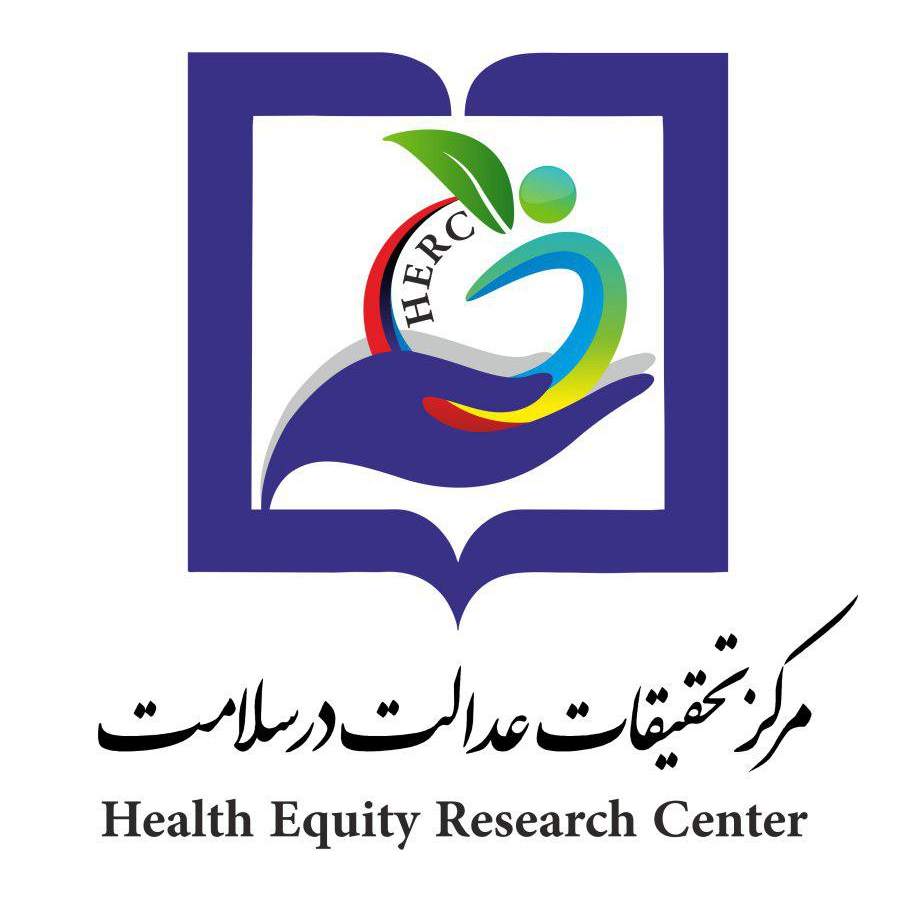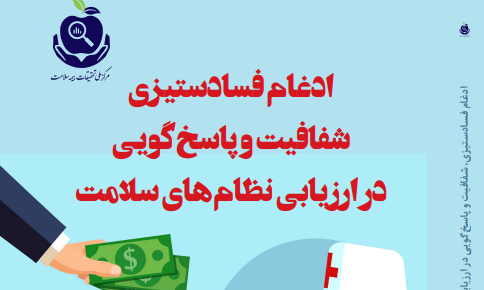Transparency, accountability, integrity and honesty are the inherent values of health governance. Integrity refers to honesty or trustworthiness in the performance of authorities and is the opposite of corruption or abuse of position. Transparency refers to people’s unrestricted access to timely and reliable information about the decisions and performances of institutions. Accountability means the commitment to report and to be accountable for the inability to achieve goals. These concepts are interrelated. Transparency and accountability are vital to ensuring integrity and preventing corruption. Transparency requires citizens to be informed about their rights and entitlements and to know how and why decisions are made (including procedures, criteria applied by governments, and evidence used to make decisions). Transparency may prevent corruption by “illuminating the dark corners” and making corrupt practices more likely to be detected. Accountability forces institutions to explain their performance and meeting people’s needs compared to standards and commitments. In case of non-compliance with standards and obligations, accountability requires visible and responsible actions. Where governance is transparent and data is available, officials and leaders are more likely to be held accountable and there is less room for abuse or corruption.
Due to corruption’s numerous faces, dealing with corruption in health systems is particularly challenging; This means that anti-corruption efforts should be based on solid analyzes of the situation and problems, and interventions should be tailored to be specific to each problem and context. For example, a systematic review in 2017 showed that the amount of informal payment varies between 2 and 80 percent depending on the country and the specific health service. Surveys in 33 African countries show informal payment rates ranging from less than 5 to 40 percent. While this rate varies from 16 to 49 percent in Central and Eastern European countries. Audit reports in some countries have shown that more than half of the surveyed municipalities or provinces have experienced at least one case of corruption in health budgets
This report was translated and published by the Health Equity Research Center (HERC) in collaboration with the National Center of Health Insurance Research. Use the link below to download the report.
Title: Integrating a focus on anti-corruption, transparency, and accountability in health systems assessments
Publisher: World Health Organization
Pages: 58
Language: Farsi/Persian
File size: 1.2 MB
Publication date: Summer of 2023




No responses yet